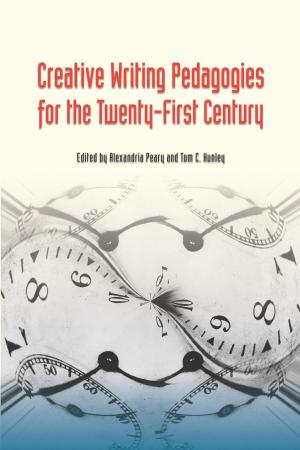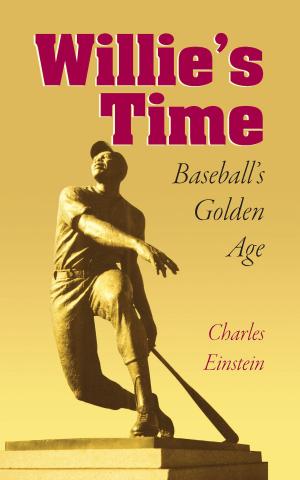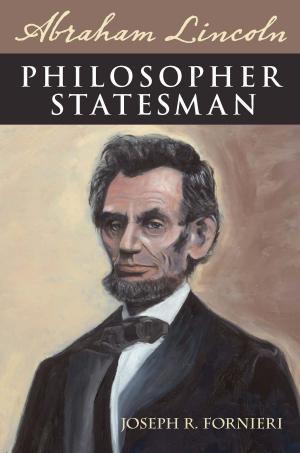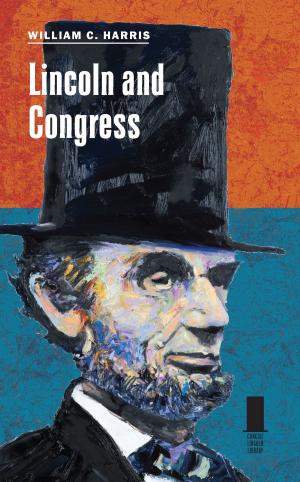Evil Summer
Babe Leopold, Dickie Loeb, and the Kidnap-Murder of Bobby Franks
Nonfiction, Social & Cultural Studies, Social Science, Crimes & Criminals, Murder, True Crime| Author: | John Theodore | ISBN: | 9780809387496 |
| Publisher: | Southern Illinois University Press | Publication: | October 4, 2007 |
| Imprint: | Southern Illinois University Press | Language: | English |
| Author: | John Theodore |
| ISBN: | 9780809387496 |
| Publisher: | Southern Illinois University Press |
| Publication: | October 4, 2007 |
| Imprint: | Southern Illinois University Press |
| Language: | English |
In 1924, fourteen-year-old Bobby Franks was abducted while walking home from school, killed by a chisel blow to his head, and later found stuffed in a culvert in a marshy wasteland at the Illinois-Indiana state line. Acid had been poured over his naked body. Evil Summer examines the shocking kidnapping and murder of Franks by two University of Chicago students, Nathan “ Babe” Leopold and Richard “ Dickie” Loeb, both from families of privilege.
In this new examination of the crime, author John Theodore takes readers into the minds of the two criminals as he focuses on three months in 1924. Theodore covers the killing, the confessions, the defense, and the sentencing surrounding the horrific murder, placing the killers’ actions and Clarence Darrow’ s historic defense into the context of 1920s Chicago.
Theodore deftly investigates the psychological dimensions of the crime, revealing the murderers’ fantasies, relationships, sexuality, and motives. The author examines the killers’ past, outlining Loeb’ s obsession with detective fiction and crime and his editorial on random killing— written at age nine— and Leopold’ s nightly master-slave fantasies and fascination with Nietzsche.
Evil Summer, which includes twenty-three illustrations, meticulously traces the murder from inception to confession*,* including such details as the special-delivery ransom letter sent to Jacob Franks and the discovery of Leopold’ s horn-rimmed eyeglasses lying on a railroad embankment near Bobby’ s dead body. Theodore re-creates such scenes as the convergence of hundreds of people in front of the Franks home, Bobby’ s body lying in a small white casket in the library, and Loeb being voyeuristically drawn to the home while Bobby’ s classmates carry the casket to the hearse.
Worldwide press coverage reflected the public fascination with the case in what was then called “ the trial of the century.” The story became a media circus: Chicago’ s six daily newspapers battled vigorously for readers, two Daily News cub reporters became part of the story, and the Chicago Tribune carried a voting ballot asking readers whether radio station WGN should broadcast the courtroom spectacle. The changing drama was delivered to Chicagoans every morning and evening, and the public feasted on every press run.
More than a crime story, Evil Summer illuminates the dark side of American life in the 1920s, including the excesses of privileged youth, the troubled childhoods, the random victimization, the anti-Semitism, and the sexuality.
In 1924, fourteen-year-old Bobby Franks was abducted while walking home from school, killed by a chisel blow to his head, and later found stuffed in a culvert in a marshy wasteland at the Illinois-Indiana state line. Acid had been poured over his naked body. Evil Summer examines the shocking kidnapping and murder of Franks by two University of Chicago students, Nathan “ Babe” Leopold and Richard “ Dickie” Loeb, both from families of privilege.
In this new examination of the crime, author John Theodore takes readers into the minds of the two criminals as he focuses on three months in 1924. Theodore covers the killing, the confessions, the defense, and the sentencing surrounding the horrific murder, placing the killers’ actions and Clarence Darrow’ s historic defense into the context of 1920s Chicago.
Theodore deftly investigates the psychological dimensions of the crime, revealing the murderers’ fantasies, relationships, sexuality, and motives. The author examines the killers’ past, outlining Loeb’ s obsession with detective fiction and crime and his editorial on random killing— written at age nine— and Leopold’ s nightly master-slave fantasies and fascination with Nietzsche.
Evil Summer, which includes twenty-three illustrations, meticulously traces the murder from inception to confession*,* including such details as the special-delivery ransom letter sent to Jacob Franks and the discovery of Leopold’ s horn-rimmed eyeglasses lying on a railroad embankment near Bobby’ s dead body. Theodore re-creates such scenes as the convergence of hundreds of people in front of the Franks home, Bobby’ s body lying in a small white casket in the library, and Loeb being voyeuristically drawn to the home while Bobby’ s classmates carry the casket to the hearse.
Worldwide press coverage reflected the public fascination with the case in what was then called “ the trial of the century.” The story became a media circus: Chicago’ s six daily newspapers battled vigorously for readers, two Daily News cub reporters became part of the story, and the Chicago Tribune carried a voting ballot asking readers whether radio station WGN should broadcast the courtroom spectacle. The changing drama was delivered to Chicagoans every morning and evening, and the public feasted on every press run.
More than a crime story, Evil Summer illuminates the dark side of American life in the 1920s, including the excesses of privileged youth, the troubled childhoods, the random victimization, the anti-Semitism, and the sexuality.















